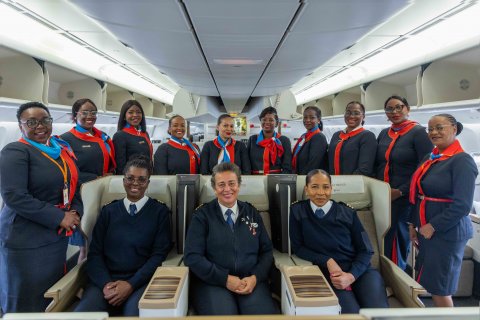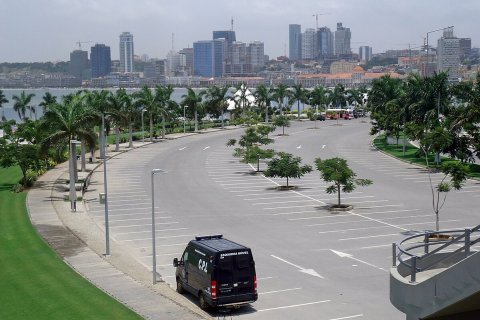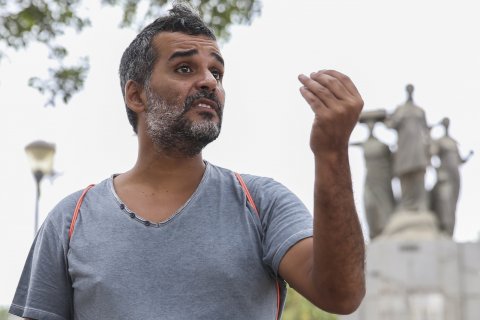“We cannot ignore a difficult but necessary truth, because there are still those among us who try to divert the course of legality, selling promises of entry [into the SME] through parallel channels, opening doors through illicit means and feeding false hopes”, stated Manuel Homem this Saturday.
To those who “insist on illegality,” the governor assured: “There is no room and there will be no tolerance for illegality. Anyone who insists on tarnishing the good name of this institution will be held accountable in accordance with the law.”
Manuel Homem, who presided over the ceremony commemorating the 49th anniversary of the SME and the closing of the second basic entry course at the SME, in the province of Icolo e Bengo, also defended the reinforcement of mechanisms for the control and supervision of foreigners.
“We must strengthen internal control mechanisms and greater oversight of the services of foreigners residing in our territory and be relentless with those who insist on living in our country illegally,” he noted.
He asked SME staff to pay attention to crimes involving foreign citizens in Angola, “many of them in an illegal migration situation, in addition to practices that put the well-being of citizens and the customs and traditions of the people at risk”.
He considered that the control of migratory flows in Angola must be based on international norms and treaties and human rights, observing the principles of patriotism, “always putting first” the responsibility in defending the country's territorial integrity.
“We recognize that the challenges are great and we have needs at a technical, logistical and technological level to provide adequate responses, which constitutes a difficulty with a direct impact on our mission”, he stressed.
The minister also said that "important steps" are being taken to improve the SME service, namely with the signing of an agreement for the implementation of the biometric system for controlling migratory traffic.
The materialization of the new technological solution for the implementation of the electronic passport, “which will revolutionize the digitalization of services, modernize systems and processes, reduce waiting times and put an end to the reception of paper processes when issuing passports, as well as increasing information security”, are also among the actions.
At least 3,120 candidates completed the second basic course for entry into the SME and officially joined the institution's staff on Saturday, a course that was suspended at the end of last December due to “irregularities” detected by the authorities.
Initially, the course had 5,600 students, but after being screened, in a process that led to the arrest, at the end of January, of the director of the office of the director-general of the SME and the head of the Human Resources department of the same body, for alleged crimes of criminal association, undue receipt of advantage, passive corruption and others, 2,480 candidates were excluded.
On Saturday, the general director of SME, José Coimbra Júnior, said during the ceremony that only 3,120 candidates were selected and admitted because the others had low grades, criminal records, involvement in drug trafficking, pathological disorders and false documents and qualifications.
The course of suspension and resumption of the aforementioned course was recalled, at the time, by the Minister of the Interior, emphasizing that the entry of personnel to the ministerial body that oversees it must “unquestionably” comply with legality, justice and institutional dignity.







